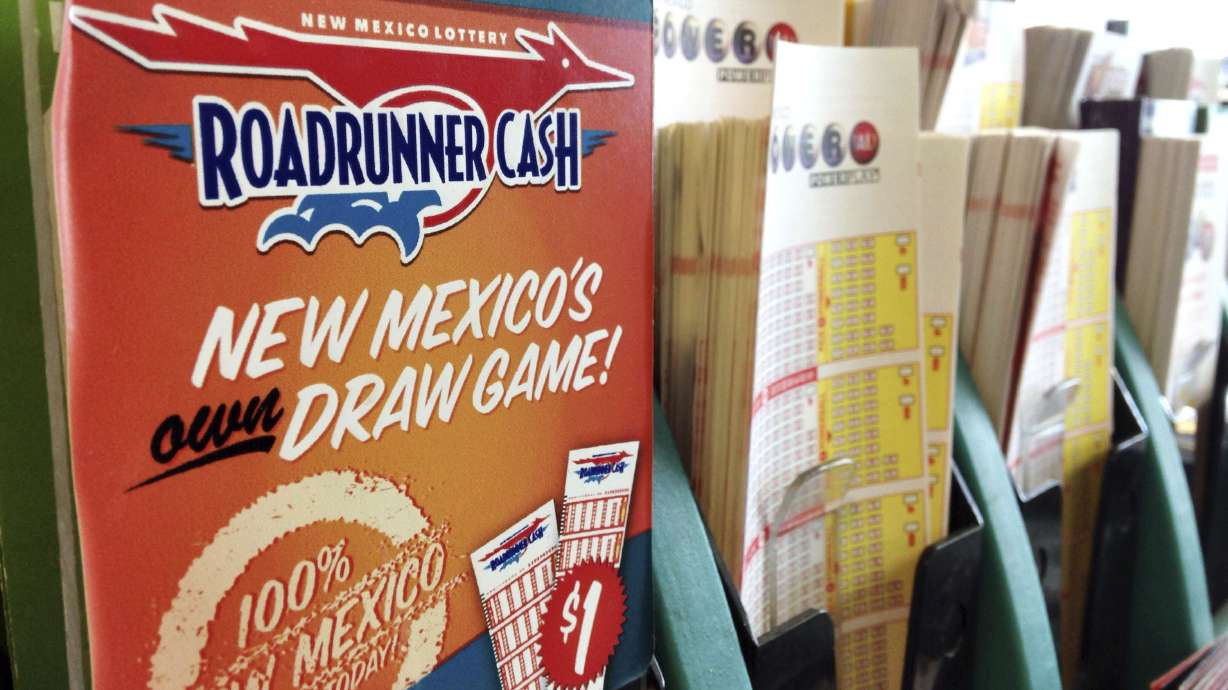Estimated read time: 2-3 minutes
This archived news story is available only for your personal, non-commercial use. Information in the story may be outdated or superseded by additional information. Reading or replaying the story in its archived form does not constitute a republication of the story.
SANTA FE, N.M. — In the past year alone, the jackpots in three multi-state Mega Millions and Powerball lottery drawings have exceeded $1 billion, enticing players nationwide to throw down a few dollars on the very slim chance they'll experience a life-changing windfall.
Those winners are few and far between. The most frequent players are people who can least afford to: those with low incomes, high school dropouts and Blacks, according to a National Gambling Impact Study Commission report.
Two New Mexico lawmakers, who have expressed concerns that not only are lower-income households spending a disproportionate share of their income on lottery tickets, the state uses lottery revenue to fund college scholarships.
Republican Rep. Matthew McQueen, who is an attorney, and Democratic Rep. Jason Harper, a research engineer, have introduced HB369 in the New Mexico Legislature.
The bill would abolish the state's lottery and require the state use its general fund to cover the college scholarships, roughly $40 million annually.
"It boils down to the fact that we're funding education through gambling. And the people who are gambling on the lottery are the ones who can least afford it," McQueen said in an interview with columnist Milan Simonich of The Santa Fe New Mexican.
According to the census, 18.4% of New Mexicans live in poverty.
The legislation, filed late last week, also seeks to rename the Legislative Lottery Tuition Scholarship Act to the Legislative Scholarship Fund.
According to the New Mexico Lottery's website, the lottery has raised $970 million for education and nearly 88,000 students are lottery scholarship college graduates.
New Mexico is one of 45 states that have lotteries. The five states that do not have lotteries are Alabama, Alaska, Hawaii, Nevada and Utah.
In the case of Utah and Alabama, lotteries are a nonstarter due to the tenets of faith groups that oppose any form of gambling.
In 1992, Utah voters soundly defeated an initiative to legalize pari-mutuel wagering on horse races by county referendum. No such initiatives have emerged since.
Nevada has many other forms of gambling but no lottery because it is viewed as competition to the state's casino industry.









